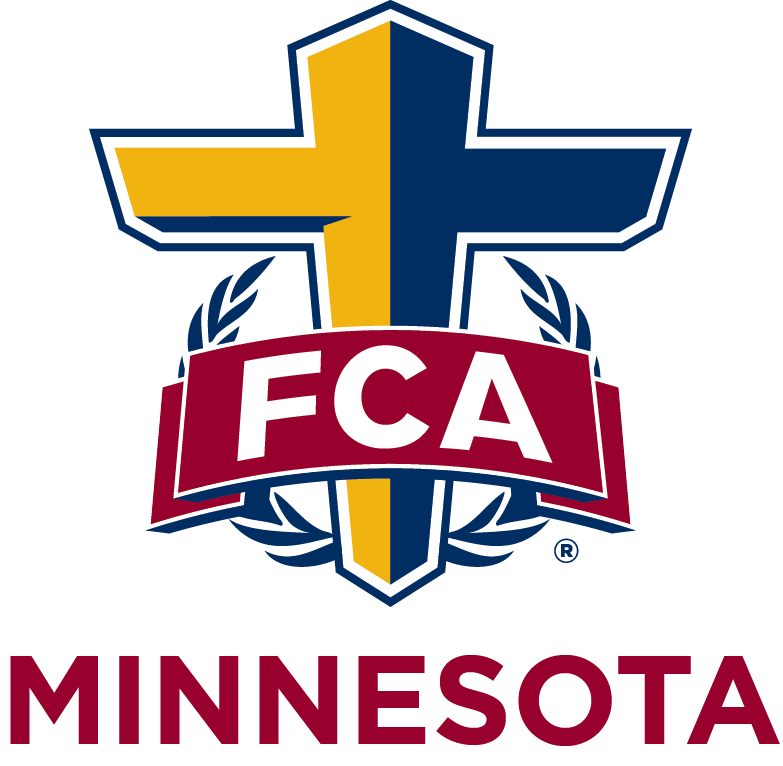LEGAL SUPPORT INFO
STEPS TO TAKE IF/WHEN AN ISSUE ARISES:
- When an issue arises, please right away call your FCA Area Representative. Let them know the situation including information such as who raised an issue, what was the complaint, what response did you give, and who else is involved. Most of the time you’ll first hear of the issue from another staff person at your school—a principal, the AD, an HR person—and won’t get to hear directly from the person or persons who raised the issue. The Area Rep will ratchet your experience up the chain right away so we are ready to mobilize the right resources quickly for you if and when they are needed.
- Get as much clarity as you can about the situation and be sure to include school administrators. Do so with a posture to seek to understand the question or concern. The issue arising at your school may be a matter that doesn’t need to rise to the level where legal counsel is engaged.
- FCA’s Campus Rights webpage lists the email address of our Legal Counsel. For any issue that doesn’t find a simple resolution, it will be appropriate to write them to summarize the issue as it’s happening so that we/you have support at every step. You can do this directly or the FCA Area Rep or Director can do it with/for you. Also on this page is the hotline number for the Alliance for Defending Freedom. We’ve used ADF recently here in the East Metro and they were fantastic to work with. They have attornies whose only role is to assist with challenges faced by FCA on our public school campuses.
- From there, every case will be unique and we’ll take guidance from FCA Legal, ADF, and the local staff leads.
- Please also follow whatever expectations your district has for you as you serve in the role of Advisor and as there are potential legal issues going on at their campus.


